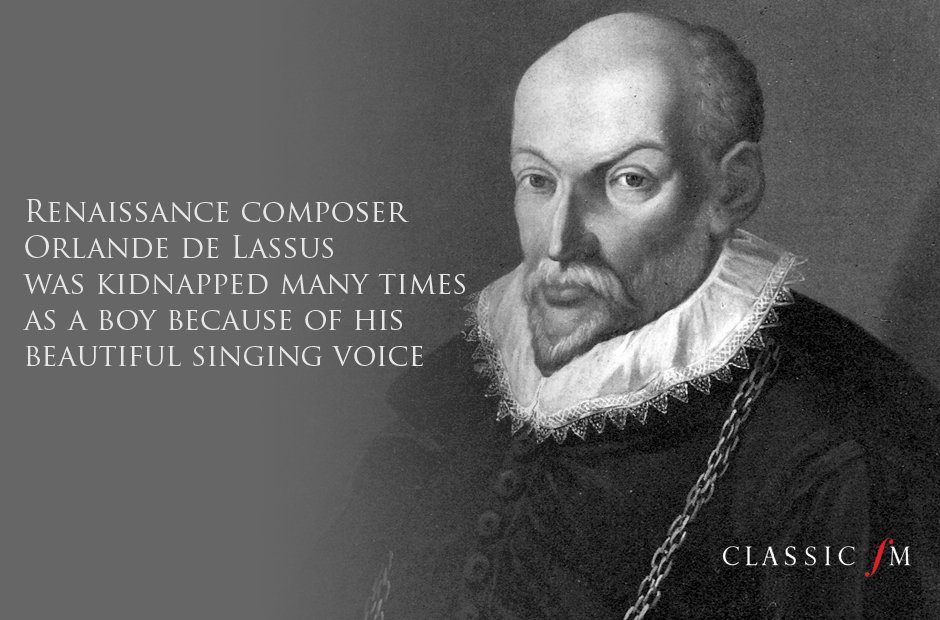Classical music has produced some of the most impactful and celebrated compositions in history, and its composers left a legacy that continues to inspire audiences and musicians today. Wolfgang Amadeus Mozart composed his first opera at the age of just 12, while Ludwig van Beethoven continued to compose despite going deaf. Johann Sebastian Bach was renowned for his improvisation talents, while Antonio Vivaldi was a master of the violin. Mozart, fascinated by the human voice, wrote numerous operas and vocal works. Lesser-known facts include the strange fate of Chopin’s heart, and that Richard Wagner’s music was used by the Nazis as propaganda.
10 Fascinating Facts About Classical Music And Its Composers
1. Mozart composed his first opera at the age of 12
Wolfgang Amadeus Mozart is one of the most well-known composers in history. He composed his first opera, “Mitridate, re di Ponto,” at the age of 12. He had already been composing music for several years at that point, and his incredible talent and prodigiousness were evident from a very young age.
2. Beethoven went deaf but continued to compose
Ludwig van Beethoven began experiencing hearing loss in his late 20s, and by the time he was in his 40s, he was almost completely deaf. Despite this incredible hurdle, Beethoven continued to compose some of the most famous music in history. He would often use a pencil and paper to communicate with friends and colleagues, and his ability to “hear” the music in his mind allowed him to create some of his best works.
3. Bach was a master of improvisation
Johann Sebastian Bach was known for his incredible talent as an improviser. He could improvise complex pieces of music on the spot, often incorporating themes and motifs from other works. His improvisations were so well-regarded that he was often asked to demonstrate his abilities in church services and public performances.
4. Vivaldi was a master of the violin
Antonio Vivaldi was not only a composer but also a virtuoso violinist. He played the instrument throughout his life and composed numerous works for it, including his famous concertos “The Four Seasons.” His skill on the violin was so renowned that he was appointed as the Maestro di Violino at the Ospedale della Pietà in Venice, where he taught and performed.
5. Mozart was fascinated by the human voice
Mozart was fascinated by the human voice and wrote numerous operas and vocal works throughout his career. He was particularly interested in the technical and emotional capabilities of the voice and often pushed singers to their limits in his music.
6. Beethoven’s “Moonlight Sonata” was not named by him
Beethoven’s famous piano sonata No. 14, commonly known as the “Moonlight Sonata,” was not named by the composer. The name was given to the piece by a German music critic several years after Beethoven’s death. The name was inspired by the first movement’s mournful and contemplative mood.
7. Handel’s “Messiah” was first performed in Dublin, Ireland
George Frideric Handel’s “Messiah” is one of the most famous choral works in history. It was first performed in Dublin, Ireland, in 1742, to great acclaim. The piece features a large choir, soloists, and orchestra, and it contains some of Handel’s most well-known music.
8. Beethoven was a vegetarian
Beethoven was a strict vegetarian, which was quite unusual for his time. He was known to be very particular about what he ate and would often prepare his meals himself. Many of his friends and acquaintances regarded his dietary preferences as strange, but Beethoven was committed to his health and his beliefs.
9. Chopin’s heart is preserved in a church in Poland
Frederic Chopin, one of the greatest composers of the Romantic era, died in Paris in 1849. His heart was removed from his body and preserved in alcohol, as was common at the time. The heart was later brought back to Chopin’s native Poland and is now interred inside a pillar in the Holy Cross Church in Warsaw.
10. Wagner’s music was used by the Nazis as propaganda
Richard Wagner’s music, particularly his opera “The Ring Cycle,” was heavily promoted by the Nazis as a symbol of their nationalist beliefs. Wagner himself was known for his anti-Semitic opinions, and his music was often used to promote the Nazi agenda. Despite this unfortunate association, Wagner’s music remains some of the most influential and important music in history.
